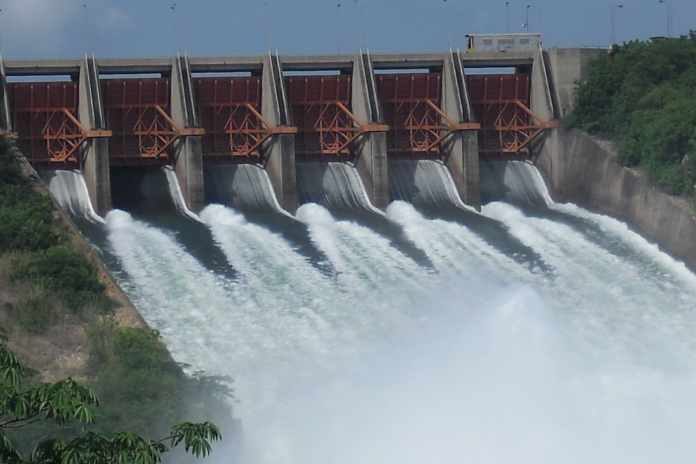Claim: A social media user alleges that the Ghanaian government uses revenue from the e-levy and betting taxes to power the country’s electricity generation.

Verdict: Misleading! While the government collects revenue from the e-levy and betting taxes, there is no evidence to suggest that these funds are explicitly allocated to electricity generation. Instead, Ghana’s electricity sector operates under a complex financing structure involving tariffs, levies, and funding agreements.
Full Text
An account on X, @acheampongHarry, has shared a TikTok video posted by @fantecomedy, which has attracted over 83,000 views, claiming that Ghana is using e-levy and betting tax to power the country regarding electricity generation.
“They know that no matter what, dumsor will come. You see how Captain Smart is bringing on this game. Why do we have light this time?… people should look for their generators. It was e-levy and betting taxes that were helping to sustain our lights, and Ghanaians said they don’t want that now…” he said.
Some users who reacted to the post had these to say:
Louis Rich, with the handle @ToscanEkow, wrote,
“I wonder how some of you here reason cap. Where is the evidence to back his claim? Charlie, e do aaa you squad for reason small. If Ghana really owes Nigeria, why would they wait for Mahama to come before we start to experience dumsor? Can’t we experience it now?”
Another user, iamEb_en with the handle, @iamEb_en reacted:
“It’s funny how people talk anyhow without searching or getting facts well; everything said it’s true … ask yourself why ECG boss left his position without any reasons …. They is dept at ECG ….even hubtel that creates the app for them …ECG owes them $289m plus…[SIC]”
With the tendency to misinform the public, DUBAWA decided to investigate further.
Verification
DUBAWA first decided to investigate
i) E-levy Revenue Usage:
The e-levy, introduced to enhance government revenue, is allocated to various national priorities, including debt servicing, infrastructure, and social services. Electricity-specific allocations have not been explicitly stated in government budgets or official communication.
ii) Betting Tax Revenue:
Betting taxes are a relatively new revenue stream in Ghana, primarily designed to increase government funds. Like the e-levy, these taxes contribute to the general revenue pool but are not explicitly tied to electricity generation.
iii) Electricity Financing in Ghana:
Electricity generation and distribution in Ghana are primarily funded through tariffs, government subsidies, levies like the Energy Sector Levies Act (ESLA), and international agreements. The ESLA, for example, directly supports energy sector sustainability by covering debts and operational costs. New initiatives such as the Emissions Levy, also help adjust tariffs to meet rising operational costs.
Conclusion
The claim that e-levy and betting tax revenues are used specifically to sustain electricity generation in Ghana lacks substantiated evidence. While these taxes contribute to national revenue, electricity funding involves diverse mechanisms and sources beyond these two streams.


